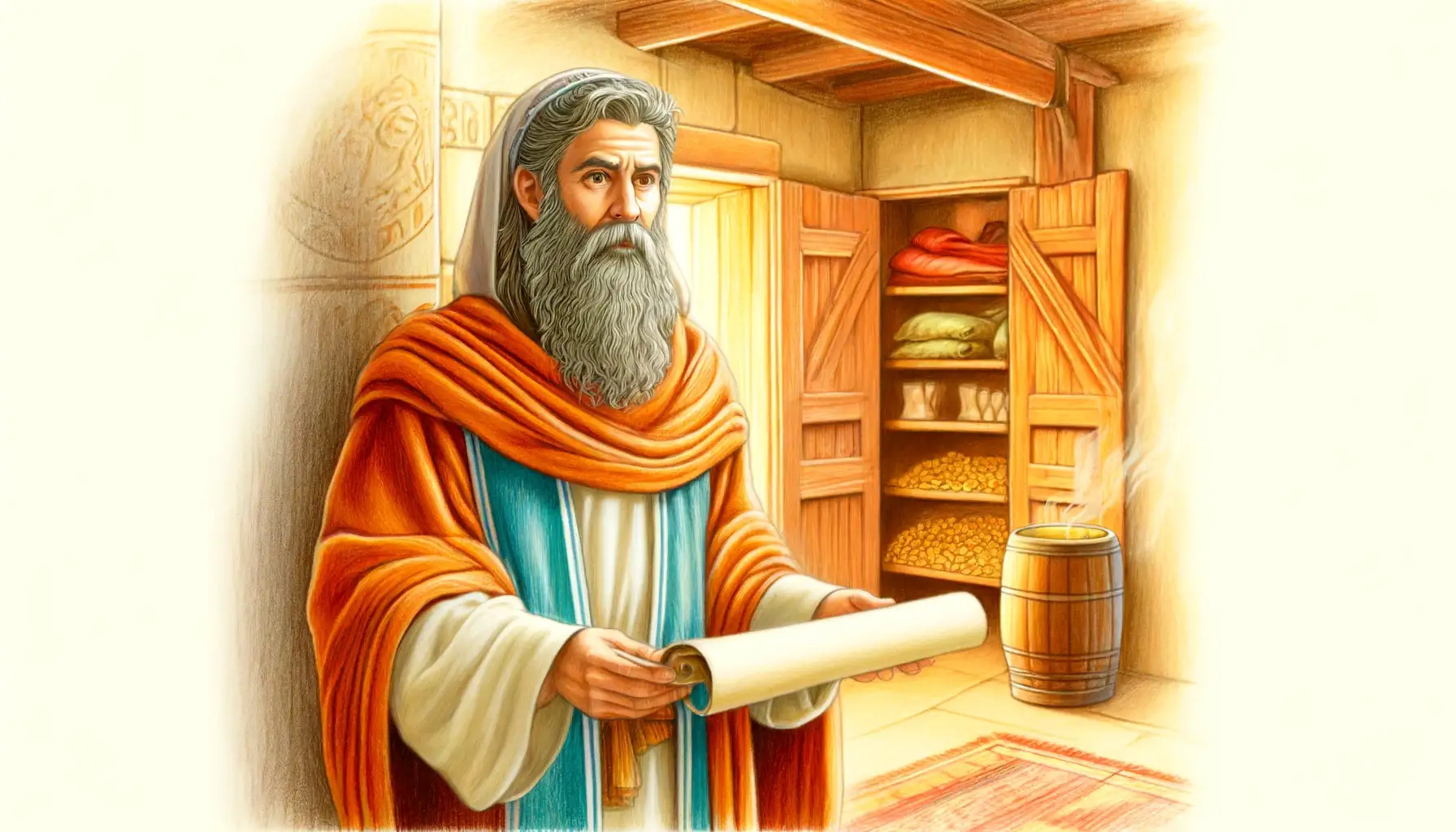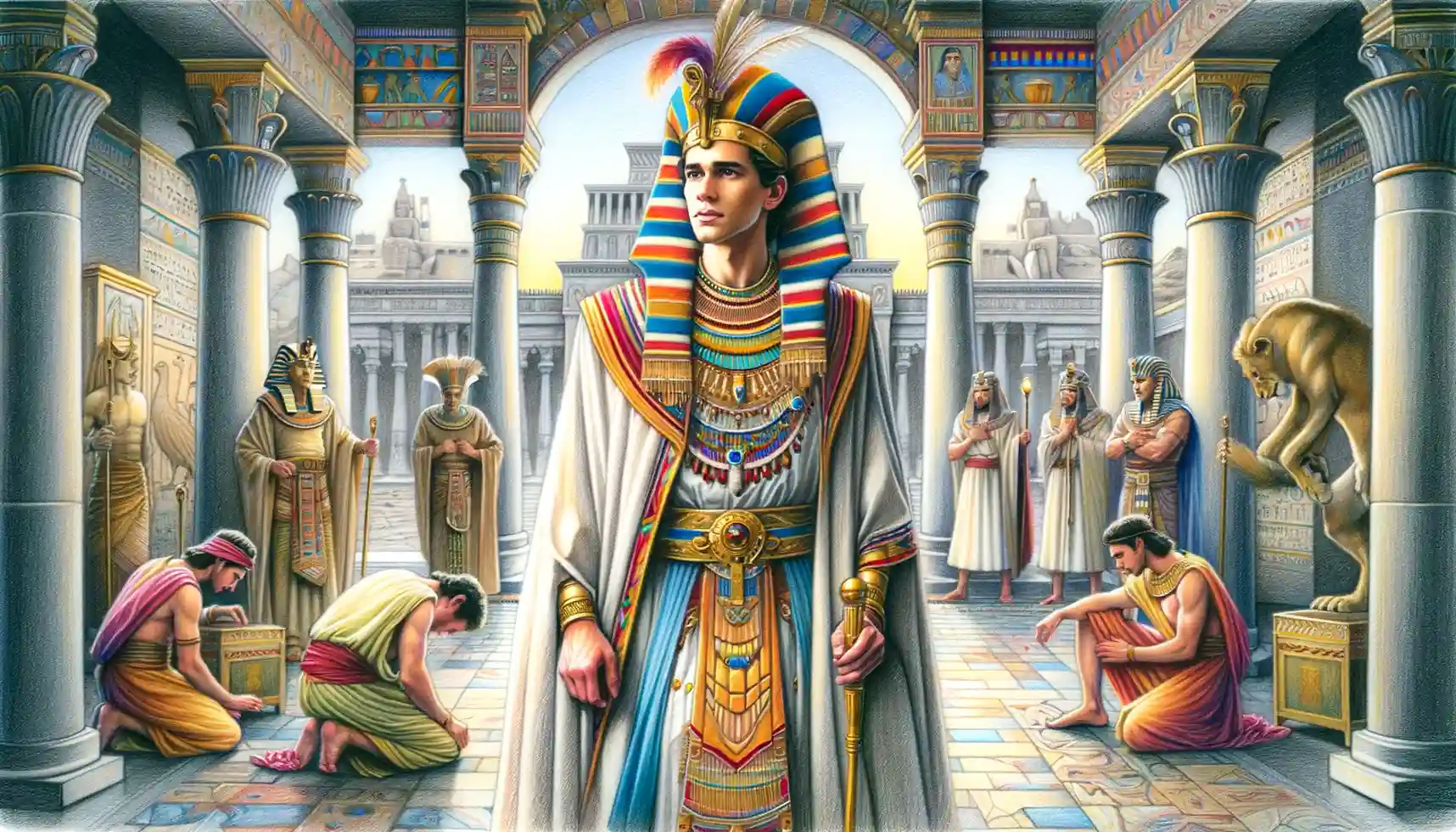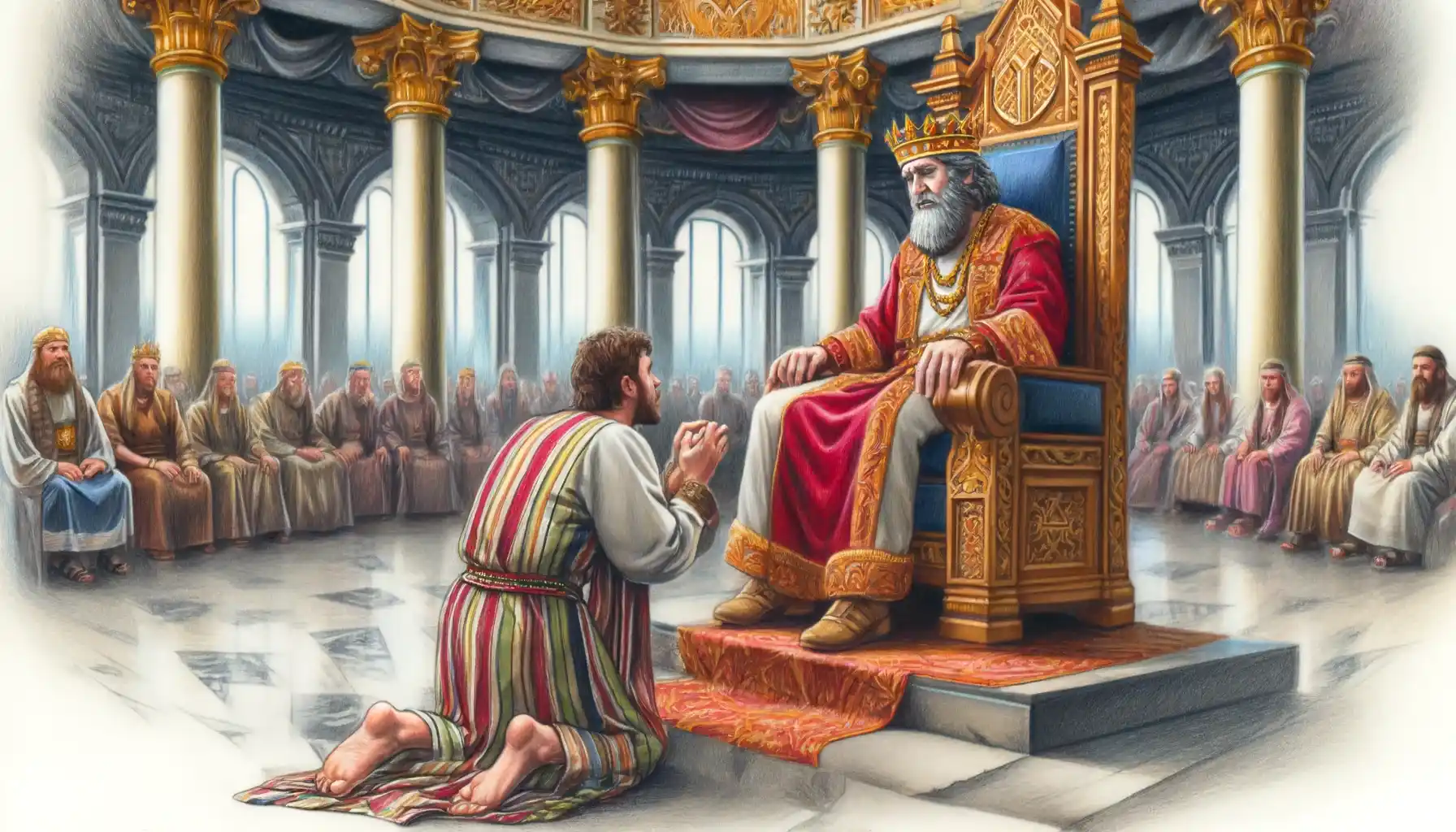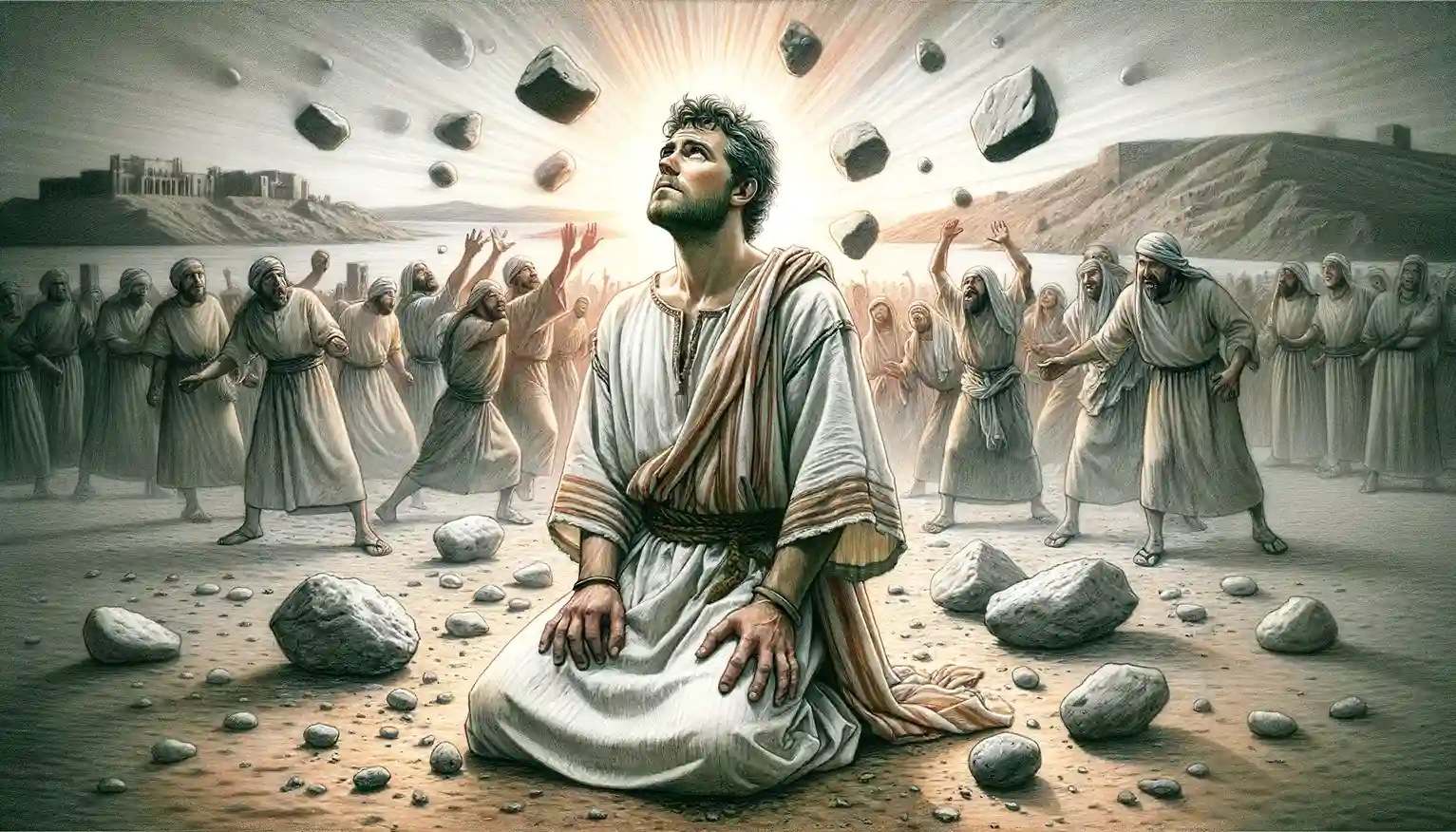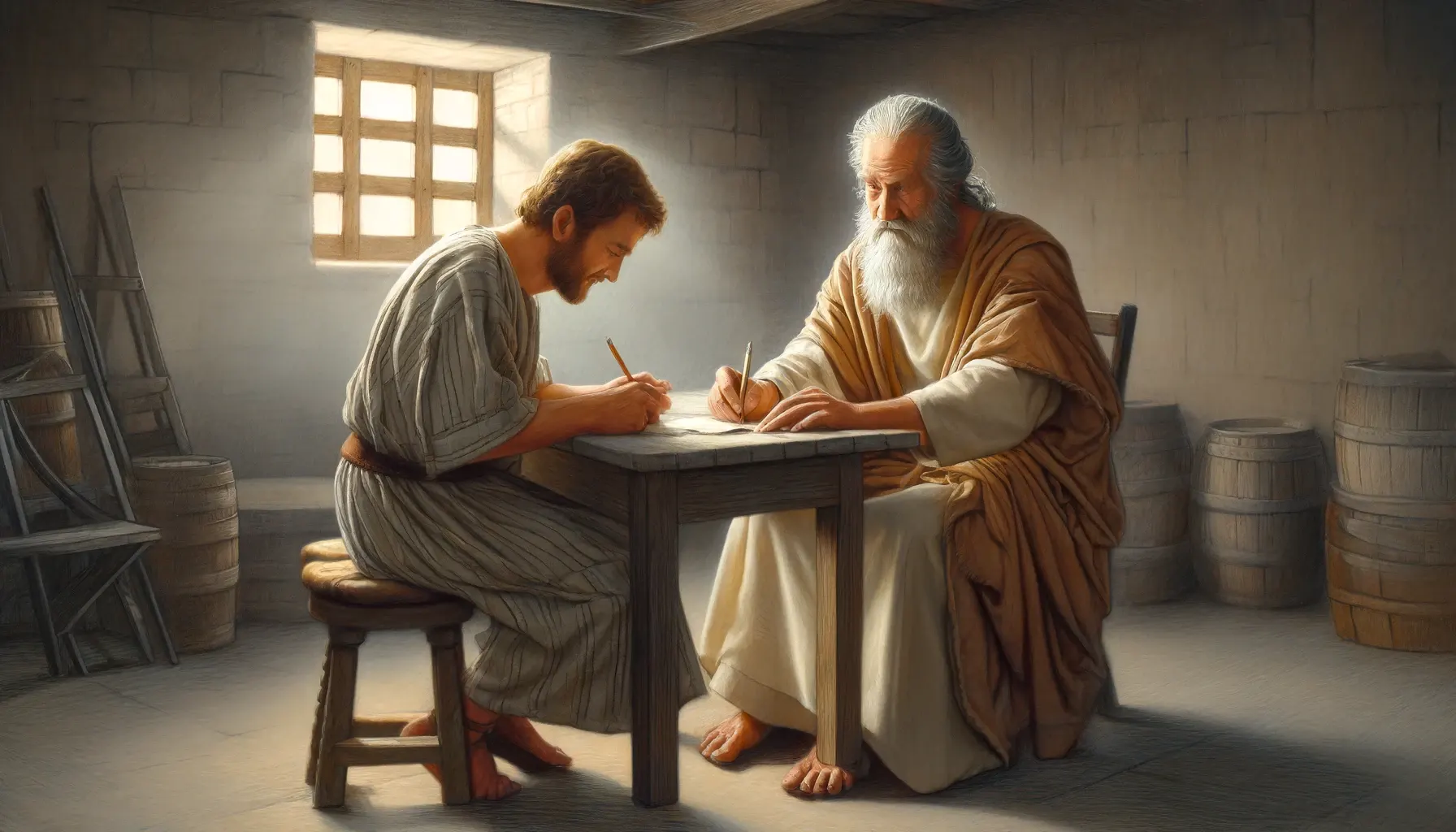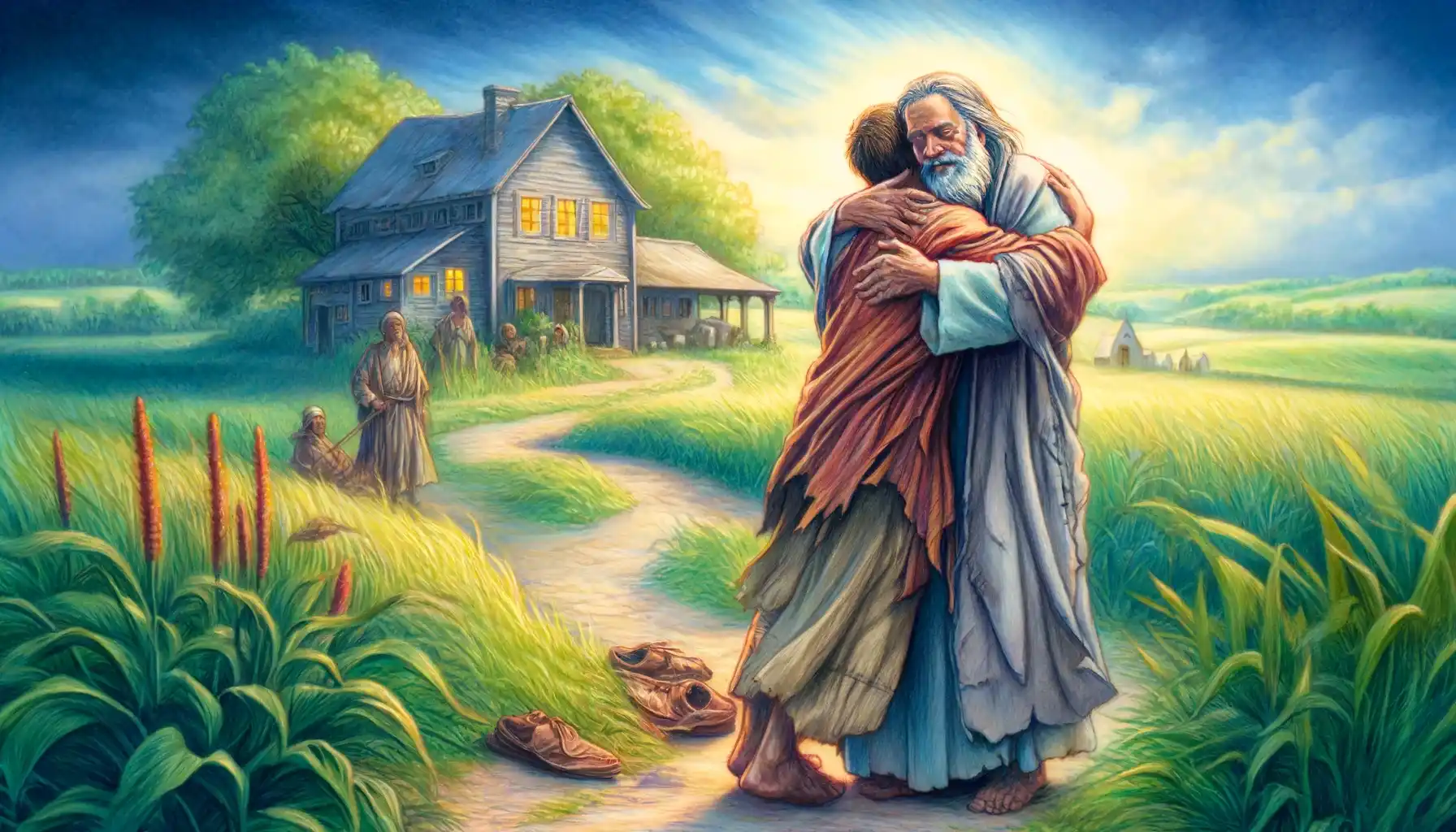Philemon, a Christian slave owner in Colossae, received a personal letter from the Apostle Paul advocating for the welfare and reconciliation of his runaway slave, Onesimus, emphasizing forgiveness, reconciliation, and Christian brotherhood.
Joseph, the favored son of Jacob, known for his colorful coat and prophetic dreams, was sold into slavery by his brothers, rose to power in Egypt by interpreting dreams, and ultimately forgave and reconciled with his family, providing for them during a severe famine.
2 Chronicles 7:14 holds a timeless message of hope and restoration, offering an ongoing promise of divine forgiveness and healing for those who sincerely turn back to God in repentance and humility.
David’s prayers in the Psalms, especially those for forgiveness, offer a poignant insight into his profound spirituality and his deep understanding of the nature of sin, repentance, and the mercy of God.
The Parable of the Unforgiving Servant, as told in Matthew 18:21-35, illustrates Jesus’ teaching on the necessity of boundless forgiveness, depicting a servant who, after being forgiven a massive debt by his king, refuses to forgive a minor debt owed to him by another, leading to his punishment by the king who revokes his mercy in response to the servant’s lack of compassion.
The Parable of the Lost Son in Luke 15:11-32 masterfully illustrates the profound themes of repentance, divine grace, and reconciliation, portraying a father’s boundless mercy as a reflection of God’s unconditional love for sinners, and challenging the faithful to embrace forgiveness and celebrate the redemption of the lost.
Stephen’s prayer during his stoning, as recorded in Acts 7:59-60, encapsulates the profound themes of Christian martyrdom, forgiveness, and divine mediation, reflecting early Christian beliefs and the theological echoes of Jesus’ crucifixion.
The Letter to Philemon exemplifies Paul’s call for reconciliation and forgiveness, urging Philemon to receive his runaway slave, Onesimus, not as a mere servant, but as a beloved brother in Christ.
The Parable of the Prodigal Son not only teaches about forgiveness but also offers a mirror to every individual’s spiritual journey, encouraging a heartfelt examination of one’s own life and actions in the light of God’s infinite mercy and love.
The Gospel of Matthew is rich in theology and Christology, making it a foundational text for understanding Christian doctrine and the narrative of Jesus’ life as both a fulfillment of and a break from Jewish tradition.

